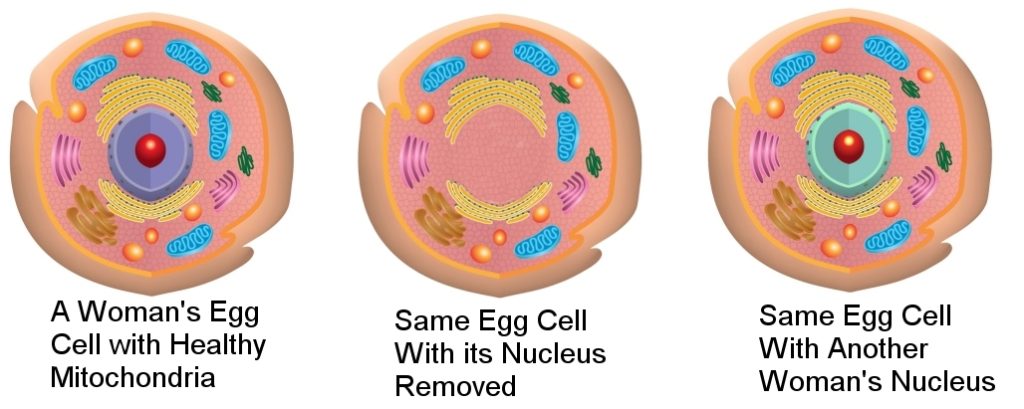
If you have been reading this blog much, you probably know that while I am not smart enough to be one, I play at being a philosopher. As a result, I read a lot of philosophy, and I discuss it from time to time on this blog. If you have bothered to plow through what I have written on the subject, you might also know that I think the Argument From Morality is one of the worst arguments for the existence of God. Nevertheless, as any scientist should be, I am willing to change my mind on the subject, if I am presented with evidence that challenges my position. Recently, I stumbled across some of that evidence, and while it is not enough to change my mind on the subject, it makes me less certain of my derision for the argument from morality.
The evidence comes from Dr. John H. Evans, Professor & Associate Dean of Social Sciences at the University of California, San Diego. He wrote an article for New Scientist in which he summarizes his original research, published in an Oxford University Press book entitled, What is a Human? What the Answers Mean for Human Rights. In this research, he surveyed 3,500 adults in the United States, asking their opinions on humans and human rights.
He started by asking them how much they agreed with three different definitions for human beings:
I. The Biological Definition: Humans are defined (and differentiated from the animals) by their DNA.
II. The Philosophical Definition: Humans are defined by specific traits, like self-awareness and rationality.
III. The Theological Definition: Humans are created beings that have been given the image of God.
Here is how he describes the questions that followed:
I also asked them how much they agreed with four statements about humans: that they are like machines; special compared with animals; unique; and all of equal value. These questions were designed to assess whether any of the three competing definitions are associated with ideas that could have a negative effect on how we treat one another.
I finished with a series of direct questions about human rights: whether we should risk soldiers to stop a genocide in a foreign country; be allowed to buy kidneys from poor people; have terminally ill people die by suicide to save money; take blood from prisoners without their consent; or torture terror suspects to potentially save lives.
His results were quite surprising to me, but not to those who promote the Argument From Morality.
Continue reading “Does science undermine human rights? No, But Materialism Might.”




